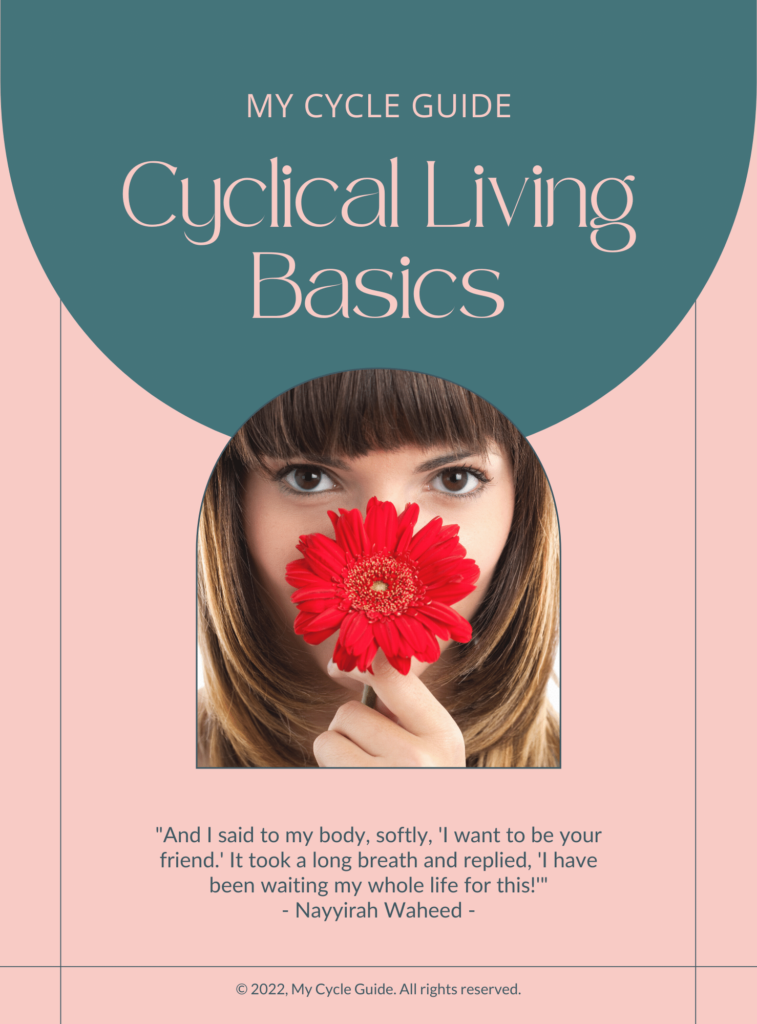What is the Luteal Phase?
The luteal phase is the last part of the menstrual cycle, starting from ovulation and ending with the first day of the menstrual period. During this phase, the body prepares for a possible pregnancy.
When Does the Luteal Phase Occur in the Menstrual Cycle?
The luteal phase begins right after ovulation and lasts until the start of the menstrual period. It typically lasts for about 14 days, but can range from 10 to 16 days. If a fertilized egg implants into the uterus, the luteal phase extends as the body starts producing the pregnancy hormone hCG.
How Can I Track the Luteal Phase?
You can track the luteal phase by determining the day of ovulation and counting the days until your next period starts. The length of the luteal phase is generally consistent for each individual woman and understanding its length can help predict the start of your next period.
Which Hormones are Involved in the Luteal Phase?
Two key hormones involved in the luteal phase are:
- Progesterone: Levels of this hormone rise after ovulation. It helps to thicken the lining of the uterus to prepare for a possible pregnancy.
- Estrogen: This hormone works together with progesterone to maintain the uterine lining.
How Can the Luteal Phase Impact Emotional and Mental Health?
As progesterone and estrogen levels drop towards the end of the luteal phase if no pregnancy occurs, some women may experience mood swings, anxiety, irritability, and other symptoms of Premenstrual Syndrome (PMS).
Common Questions About the Luteal Phase
- What symptoms can I expect during the luteal phase? You might experience premenstrual symptoms such as bloating, mood changes, breast tenderness, and fatigue.
- How can I manage symptoms of the luteal phase? Regular exercise, a balanced diet, stress management techniques, and, in some cases, over-the-counter or prescription medications can help manage these symptoms.
Explore More About the Luteal Phase
For more comprehensive information about the luteal phase, how to track it, manage symptoms, and understand hormonal changes, refer to our Free Workbook – Guide to Tracking Your Menstrual Cycle and accompanying Cyclical Living Basics eBook.
